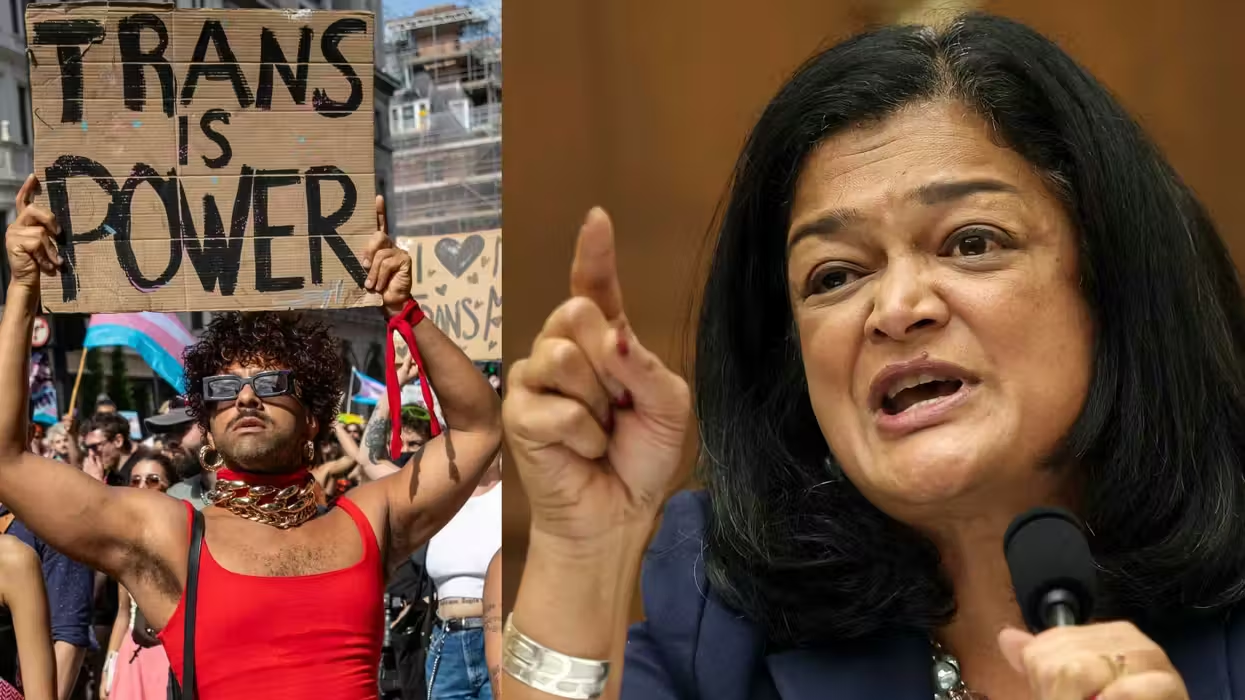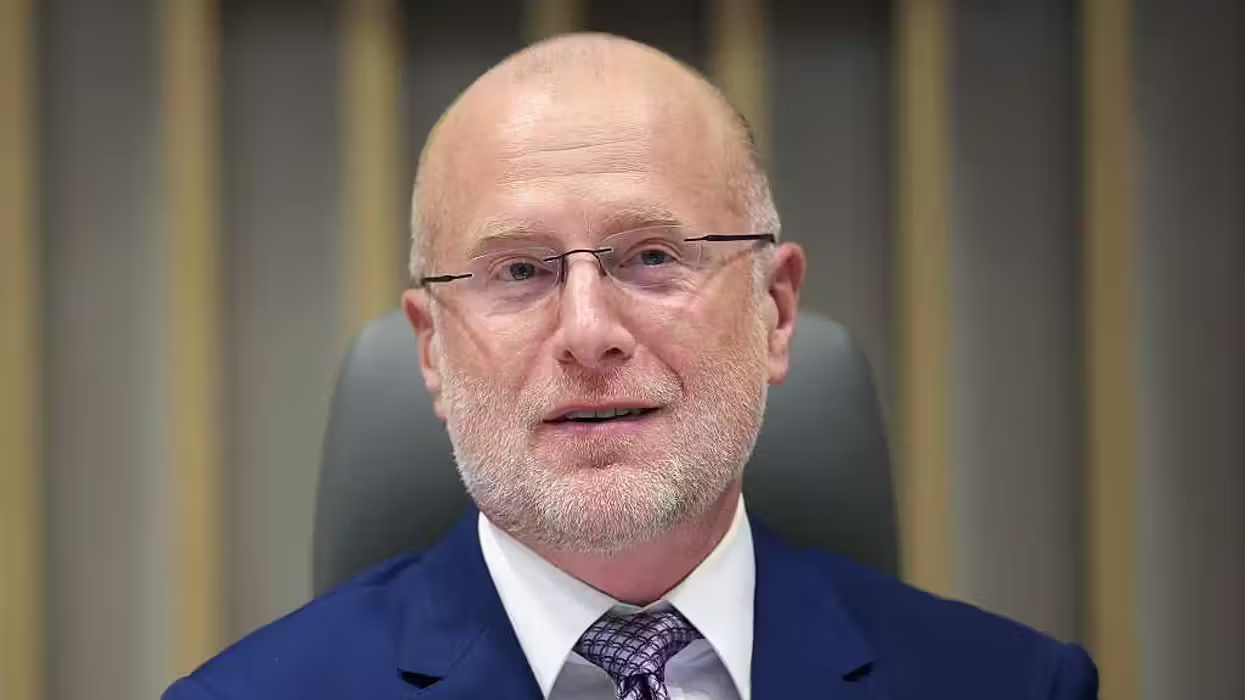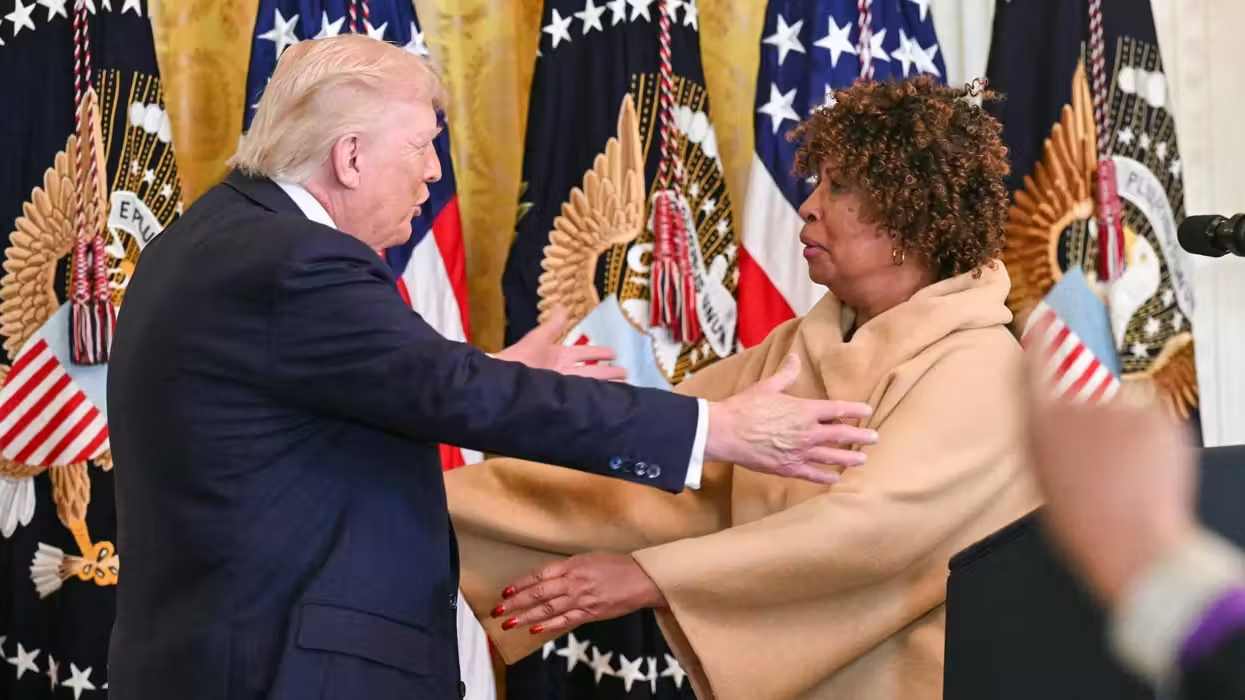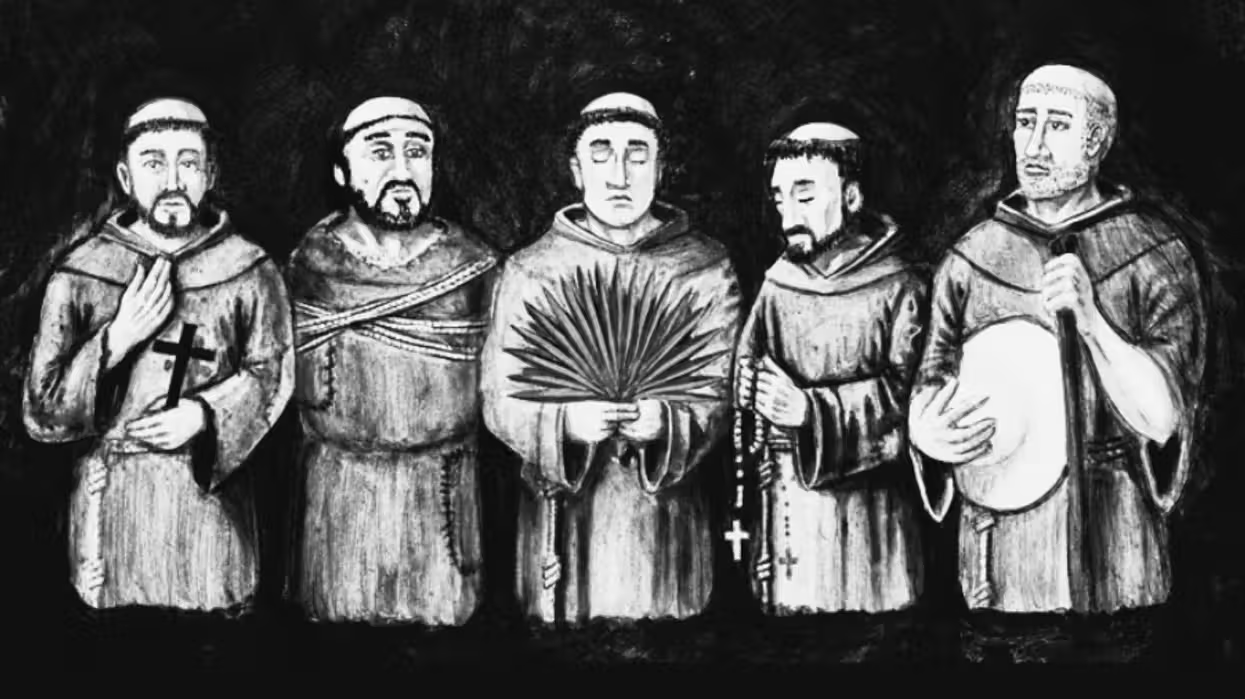© 2026 Blaze Media LLC. All rights reserved.
Tech Companies, Advocacy Groups Prepare to Take Final Stand Against U.N.'s Proposed Internet Control Treaty
November 26, 2012
"We can expect an Internet totally different to today's open and global system..."
 Flag of the International Telecommunications Union expected to address proposed changes to a 1988 law. (Image: Wikimedia)
Flag of the International Telecommunications Union expected to address proposed changes to a 1988 law. (Image: Wikimedia)
The meeting is still a week away, yet the U.N.'s 11-day World Conference on International Communications in Dubai has been seeing opposition for months already. Among thousands of proposals on the table are those that tech companies, some governments and advocates for a free, open Internet think could lead to broad U.N. authority over Internet regulations.
Among the more than 1,300 proposals are items that could lead to Web restrictions, like censorship in oppressive countries, and a potential change to the pay structure of the Web, which would force content providers, like Google and Facebook, to pay extra for users overseas who wish to use their services.
"We can expect an Internet totally different to today's open and global system," said Sharan Burrow, general secretary of the International Trade Union Confederation, representing 175 million workers worldwide, according to the Associated Press.
"Repressive governments will have a U.N. treaty which allows them to control freedom of expression, to monitor everything any targeted individual is saying on the Net, and to stop social movements and human rights defenders demanding respect for basic rights," she cautioned.
The International Telecommunications Union, composed of 193 nations that will come together next week, has said governing the Internet and censorship are not its purpose, but that the communications treaty last revised in 1988 must be updated in light of tech changes since then. This last revision was before the Internet was even in the public domain.
"We will not support any effort to broaden the scope of the ITRs (International Telecommunications Regulations) to facilitate any censorship of content or blocking the free flow of information and ideas," said Terry Kramer, a former technology industry executive who was given ambassador status to lead a powerhouse 123-member U.S. delegation to the World Conference on International Telecommunications, according to the AP.
In May, TheBlaze reported that a House Energy and Commerce Committee introduced a resolution that would “reject the proposed international takeover of the Internet and preserve the current ‘multi-stakeholder’ model of governance.” Chairman of the committee Fred Upton (R-MI) said at the time that "[i]nternational regulatory intrusion into the Internet would have disastrous results not just for the United States, but for people around the world." He expressed that the reason the Internet is successful at helping facilitate innovation today is because "the government took a step back."
More recently, Google launched a "Take Action" campaign against the potential treaty revisions. Here's how it described the proposed changes that it's against:
Some proposals could permit governments to censor legitimate speech — or even allow them to cut off Internet access.Other proposals would require services like YouTube, Facebook, and Skype to pay new tolls in order to reach people across borders. This could limit access to information — particularly in emerging markets.
The advocacy group Fight for the Future released this video expressing its views against the proposed changes as well:
Some of the stakeholders have also pointed out that they have no influence in the decisions to be made by the ITU.
"Engineers, companies and people that build and use the Web have no vote," Google expressed on its take action page. "The billions of people around the globe that use the Internet, the experts that build and maintain it, should be included."
Google also called the ITU "secretive," given that the conference and its proposals are confidential.
Even if the proposals are technically confidential, the website WCITLeaks.org has been posting what are allegedly official documents. Larry Downes for Forbes pointed out Monday that a recent one was a planning document that showed how the ITU was preparing a social media campaign to counter expected opposition to the treaty changes. Downes wrote:
The newly-leaked document is the agenda for an “ITU Senior Management Retreat” held in Geneva in September. It includes a detailed report on resistance to WCIT and the agency’s plans to counter criticism of its secretive processes. It also includes links and passwords for presentations given by outside public relations and advertising executives from leading global agencies.The document, marked “confidential,” suggests senior ITU officials have become both paranoid and panicked over growing outrage over both the form and substance of the upcoming negotiations. Material included with the agenda paints a pathetic picture of the 150 year-old UN agency struggling to defend itself from attacks by what the agency believes is a “well-financed and well-organized campaign originating in the USA” whose goal is to “discredit the ITU and WCIT.”
Among other the topics to be discussed in Dubai are Internet security, combating fraud, preventing mobile phone "bill shock" with roaming charges and efforts to expand broadband infrastructures in developing countries.
The meeting will begin on Dec. 3.
The Associated Press contributed to this report.
Want to leave a tip?
We answer to you. Help keep our content free of advertisers and big tech censorship by leaving a tip today.
Want to join the conversation?
Already a subscriber?
more stories
Sign up for the Blaze newsletter
By signing up, you agree to our Privacy Policy and Terms of Use, and agree to receive content that may sometimes include advertisements. You may opt out at any time.
Related Content
© 2026 Blaze Media LLC. All rights reserved.
Get the stories that matter most delivered directly to your inbox.
By signing up, you agree to our Privacy Policy and Terms of Use, and agree to receive content that may sometimes include advertisements. You may opt out at any time.






